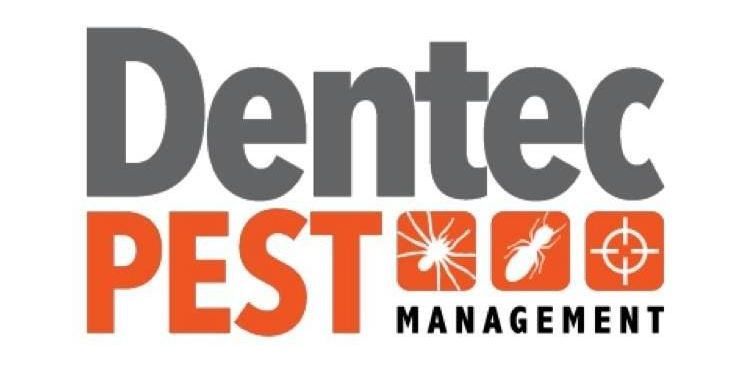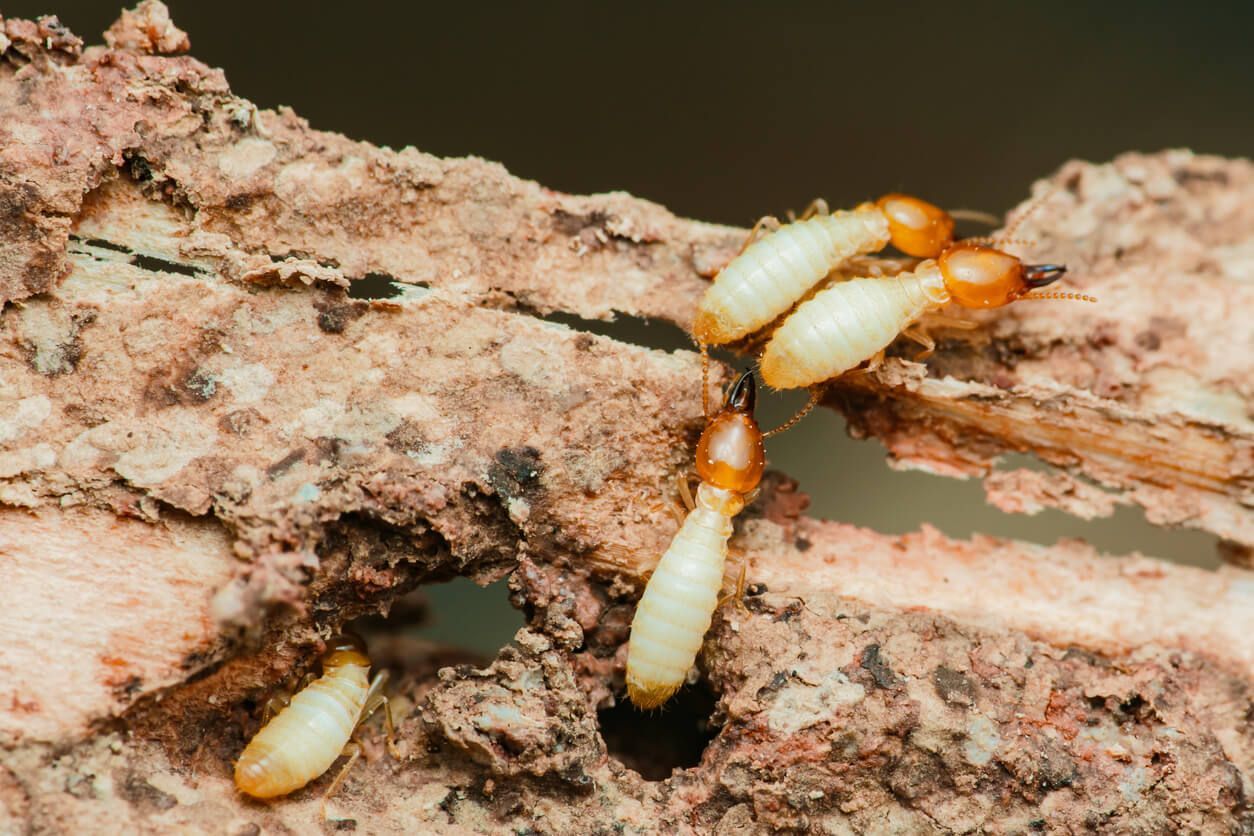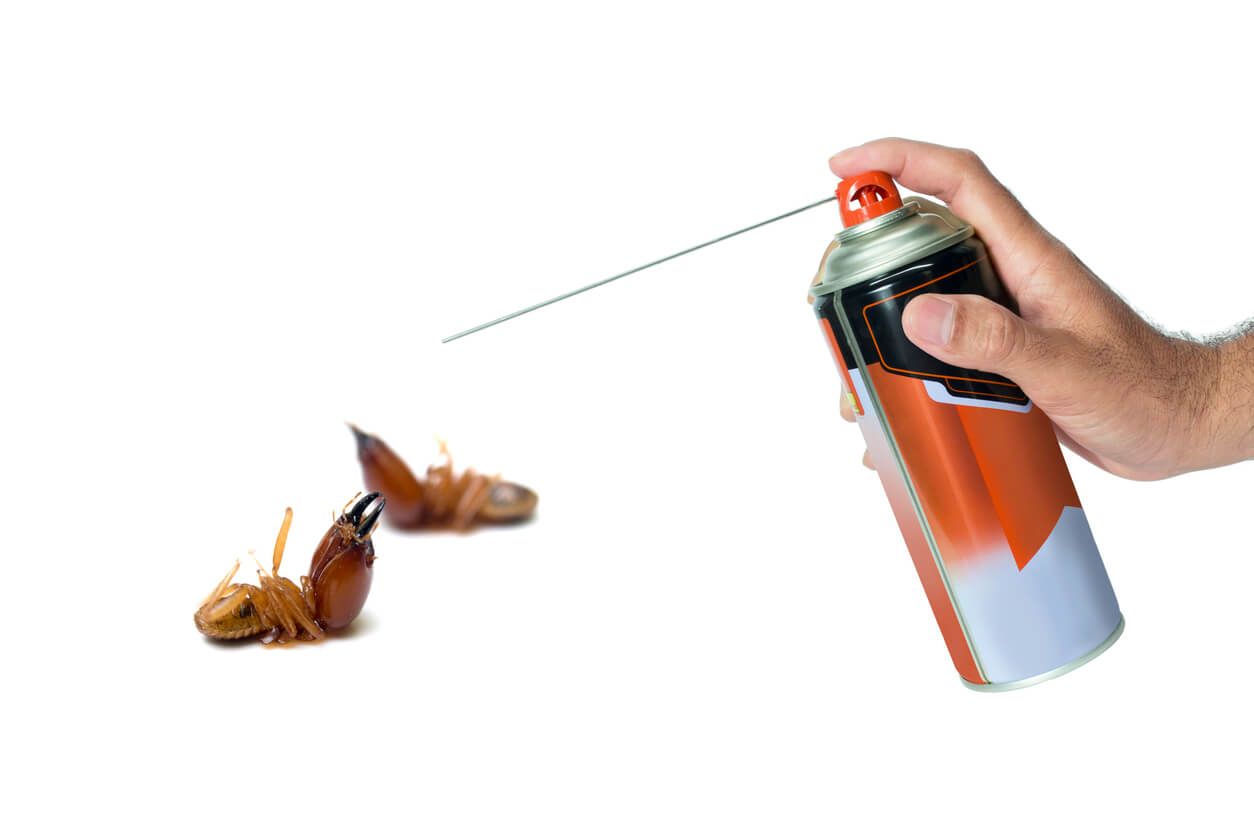Eco-Friendly Pest Control: Natural Alternatives for Managing Termites and Spiders
Every home has its share of pests and these can be destructive, hazardous to health or simply annoying. There are plenty of ways of deterring or getting rid of these pests, but sometimes the solution can be as hazardous as the pests themselves.
Many pest control methods involve the use of chemicals that can be toxic to humans and pets as well as the pests you are trying to get rid of. You therefore need to be careful in the way you choose and use these deterrents, or can use something that is much more eco-friendly, and so will not be detrimental to the environment or a threat to those who inhabit the property. This may require a combination of strategies and techniques but will enable you to control pests in a manner that is safe for you and your family, for your pets and for the environment.
What is the Most Environmentally Friendly Pesticide?
Pesticides tend to include chemicals that can be harmful for the environment and anyone who comes into contact with them. However, there are many natural alternatives available, and these can often be just as effective but without the risk. These are generally targeted at specific pests and include the following:
- Essential oils such as lavender, eucalyptus and mint, which smell great, are totally safe and are easy to apply but may require frequent reapplication. They can be particularly effective against cockroaches, spiders, ants and mosquitoes that can appear in many rooms in the house as well as in the garage. Add a few drops to a spray bottle containing water and spray affected areas, particularly in corners, around door frames and on window sills where the pests may be present. Although the smell of essential oils may be pleasant to us, it deters pests.
- Vinegar is a natural cleaner as well as an effective insecticide and pesticide. Consequently, it will eliminate pests, particularly ants that appear throughout the house, and also help to clear the mess they leave behind. Mix equal parts of water and white vinegar, and spray on affected areas. This may leave a strong smell so, if disliked, seek an alternative such as cinnamon , paprika or black pepper that can be sprinkled on trails that ants use.
- Cayenne pepper is sprinkled on problem areas and is a deterrent for pests such as spiders and ants.
- Boric acid is a white powder that can be used to make a paste that is toxic for pests but does not harm humans or pets. If you wonder what is the best natural termite killer , this is possibly it, although it is also effective against ants and other pests.
- Physical barriers and traps are particularly useful if you ask can termites be treated naturally? to avoid the use of chemicals. They are also used for other pests and may be in the form of pheromone traps, which have chemicals used by insects and other animals to send signals to attract mates, warn of predators or find food and so will attract specific pests into the traps. Other types of traps include sticky tape that traps insects, mesh to prevent entry and traps for rodents.
- Citronella candles placed strategically, and lemongrass planted around your property can be effective at deterring mosquitoes.
- Diatomaceous earth is a fine powder made from the crushed skeletons of small ocean creatures, and it can be placed at entry points to deter access. When pests such as ants and other insects come into contact with it, their exoskeleton is dried out and they die from dehydration. It is completely safe for humans but can be messy to apply and reapplication is often needed.
- Baking soda can be used to kill ants and other pests. It can be mixed with sugar to attract them, and then the baking soda kills them when they eat it. Place the mixture where the pests are present.
- Natural predators can be used to control pests in a completely eco-friendly manner. Ground beetles, ladybugs and lacewings will thrive in your garden and control pests such as aphids and caterpillars. This method requires you to attract native species that are beneficial and will promote biodiversity, but the results are difficult to predict.
- Companion planting can be used to deter specific pests. For example, marigolds deter mosquitoes while basil keeps both mosquitoes and flies away. Lavender and rosemary are effective against many pests including mosquitoes. A healthy garden will result from companion planting, but careful planning is needed to achieve the best effects.
- Garlic and chilli pepper are crushed and mixed with water to make a paste that is spread on affected areas. Alternatively, steep the crushed ingredients in water for 24 hours to make a solution that you spray on plants. The strong scent repels pests such as caterpillars.
- Hand picking is effective for larger pests such as caterpillars and beetles that you can physically remove, although it can be a time-consuming task.
- Beer in a shallow dish will attract slugs and snails that will fall in and drown.
- Tobacco can be soaked in water and the resulting solution sprayed onto pests. It is toxic to aphids, caterpillars and various insects.
- Salt is particularly toxic to slugs and snails and can be sprinkled on problem areas.
- Soap can be mixed with water and sprayed to kill spider mites, aphids and whiteflies, among others.
- Epsom salt has the dual benefit of deterring pests and providing nutrients that promote plant health and make them grow. A mixture of one cup of Epsom salt and five gallons of water is sprayed directly onto the garden.
- Citrus peels have a strong scent and can be placed where pests are a problem to deter ants, silverfish, spiders and various other insects.
Simple Steps to Eco-friendly Pest Control
Chemical-based pesticides can have adverse effects on the environment, damaging the soil, polluting water sources and being a threat to health. Using natural solutions can help to maintain a better ecological balance and safeguard wildlife. Sometimes this can involve simple steps in your daily life, such as:
- Keeping your home and surrounding areas clean and dry because pests are always attracted to food and water sources. By cleaning regularly and ensuring there is nothing to attract them, you will eliminate many of the reasons for pests to be on your property and cause them to look elsewhere.
- Sealing holes, gaps and cracks that pests can use to enter your home. Constantly look for any possible entry points and seal them to prevent pests getting in. This is particularly effective for rodents, which can also be deterred by cotton balls soaked in peppermint oil or eucalyptus oil that are placed near entry points you cannot block. They are deterred by the smell and traps are also effective.
- Cut back shrubs and trees that are too close to your property since these can allow pests to gain access.
- Ensure all waste is properly bagged and binned so that pests cannot access it as a food source. This also includes garden waste that will attract pests, so keep all outside areas tidy.
Eco-friendly pest control can be simple once you get into the habit. It can be extremely effective against pests, can save money on chemical products that you would otherwise buy, gives no risk to humans and pets, and allows you peace of mind knowing you are protecting the environment. Contact us if you need advice on the best products to use.



